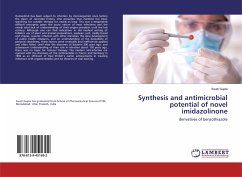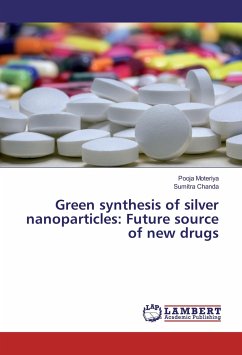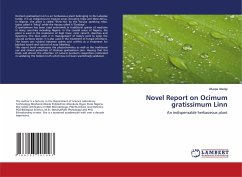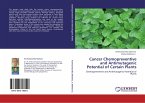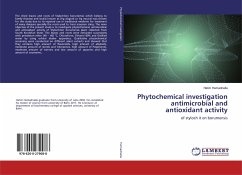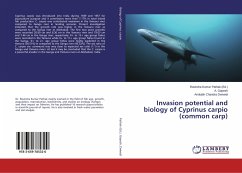Humankind has been subject to infection by microorganism since before the dawn of recorded history. One presumes that mankind has been searching for suitable therapy for nearly as long. This was a desperately difficult enterprise given the acute nature of most infections and the nearly total lack of understanding of their origins prevalent until the last century. Although one can find indications in old medical writing of folkloric use of plant and animal preparations, soybean curd, moldy bread and cheese, counter infection with other microbes, the slow development of public health measures, and an understanding of the desirability of personal cleanliness, these factors were erratically and inefficiently applied and often failed. Until after the discovery of bacteria 300 years ago, and subsequent understanding of their role in infection about 150 years ago, there was no hope for rational therapy. The modern anti-infective era opened with the discovery of the sulfonamides in France and Germany in 1936 as an offshoot of Paul Ehrlich's earlier achievements in treating infections with organometallics and his theories of vital staining.
Bitte wählen Sie Ihr Anliegen aus.
Rechnungen
Retourenschein anfordern
Bestellstatus
Storno

